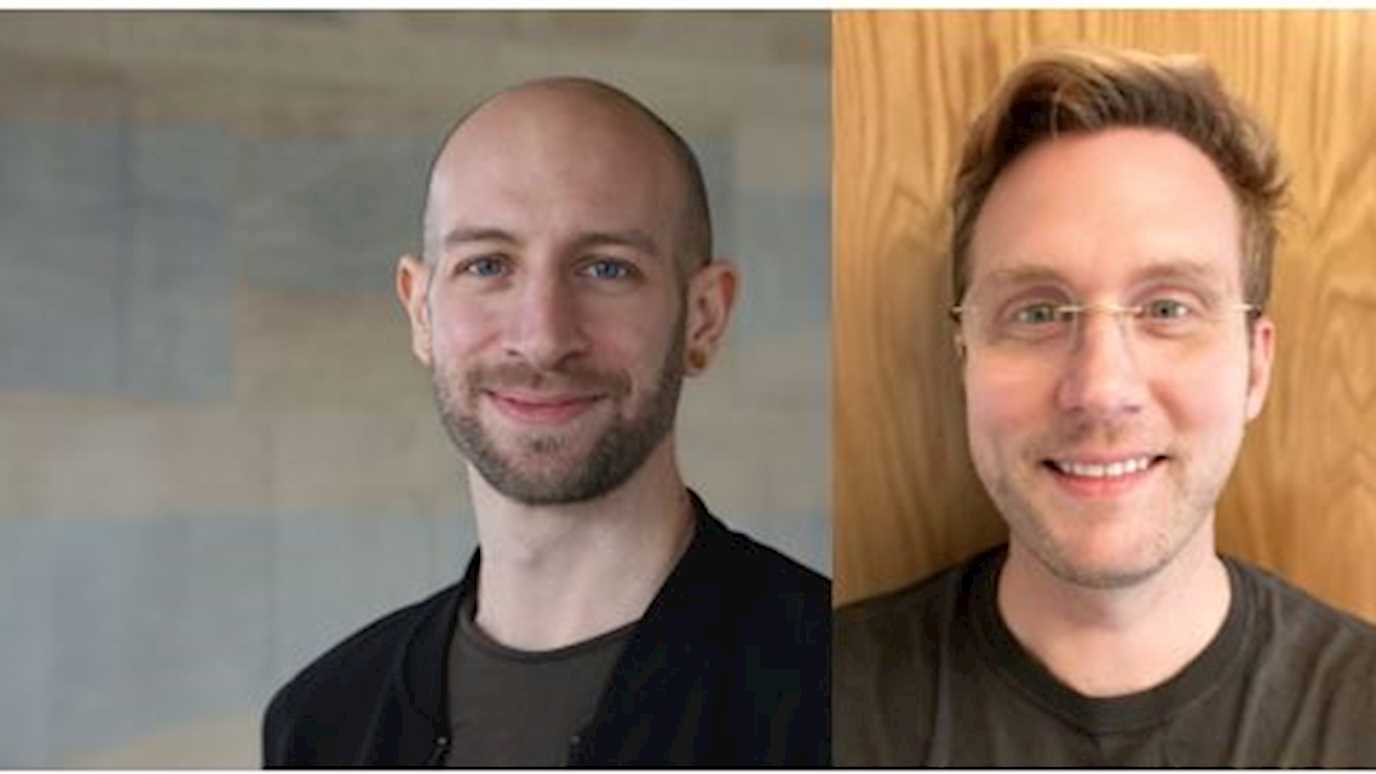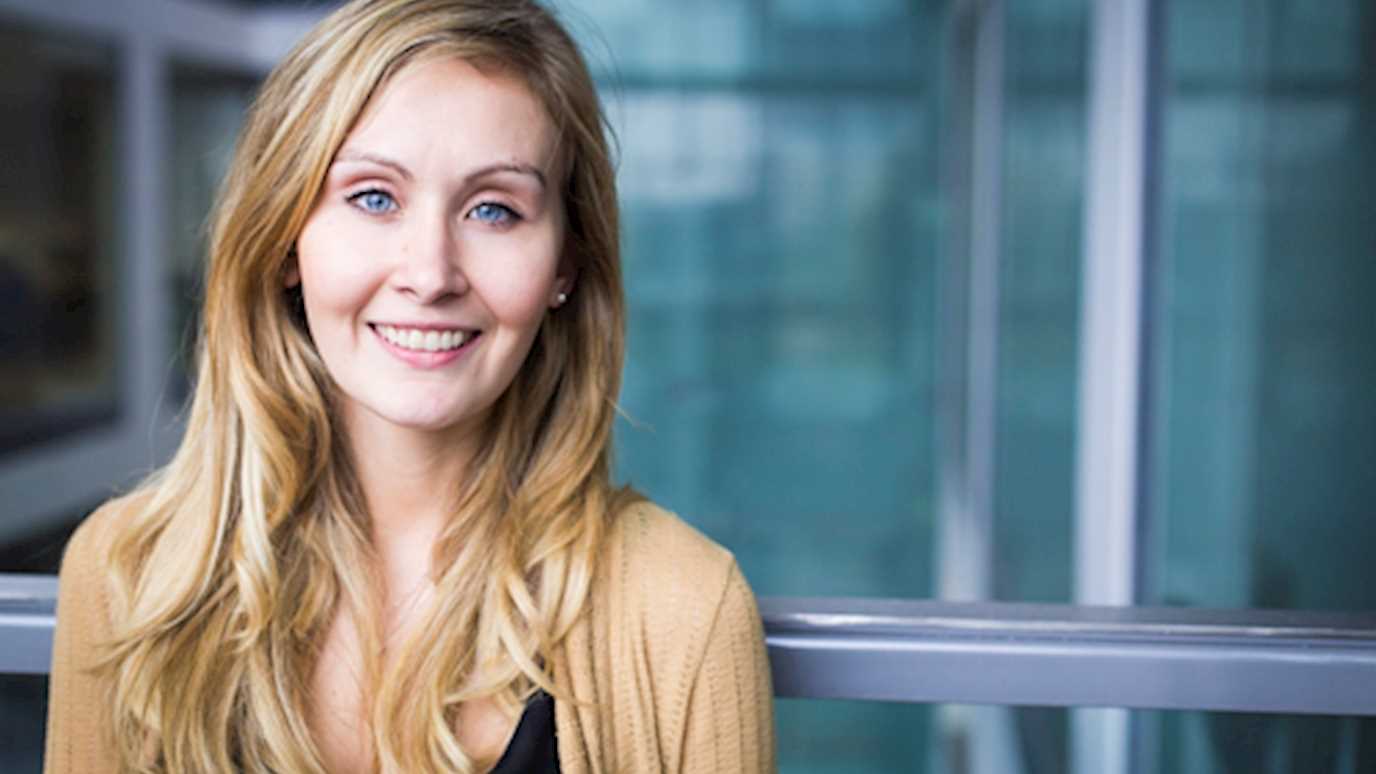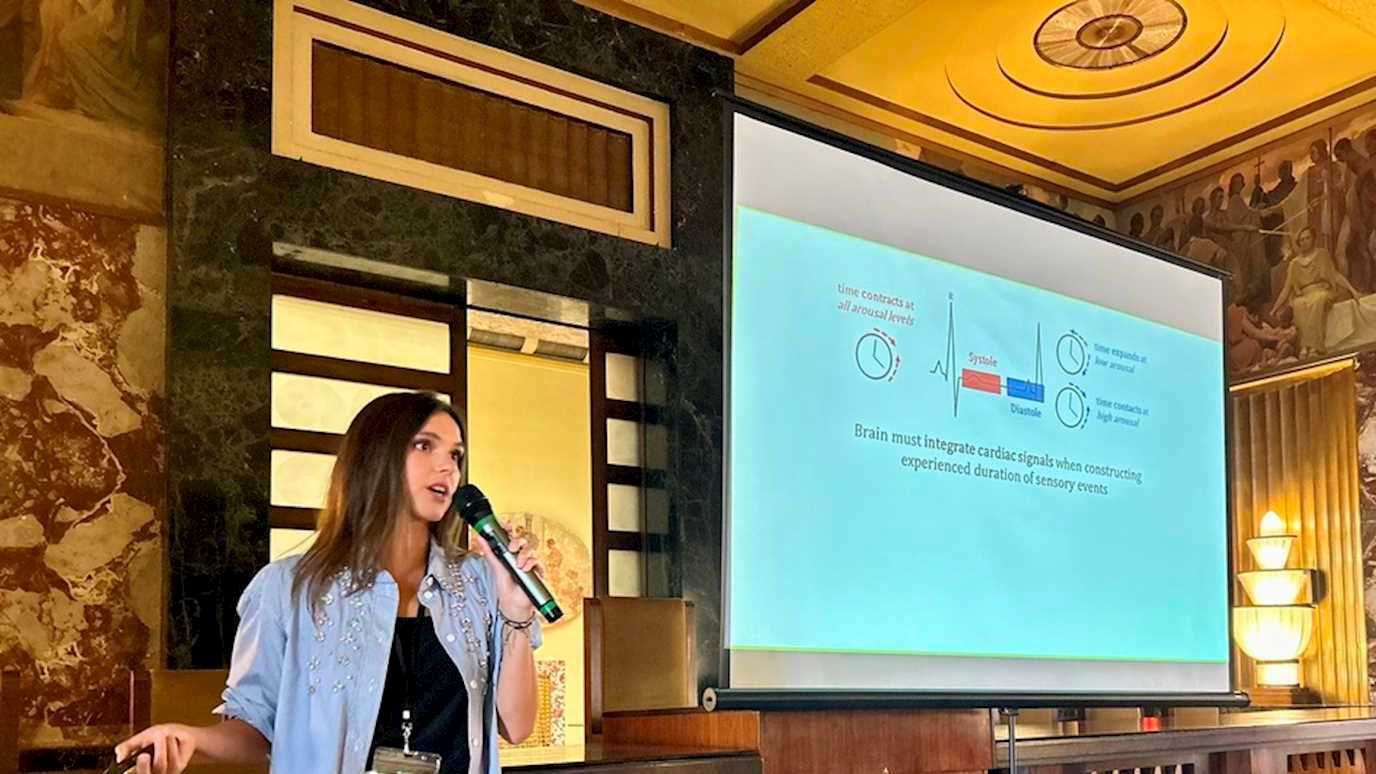An exciting new MSc Applied Neuroscience launches at Royal Holloway from September to give a unique insight into neuroscience in real-world settings and the Department of Psychology has recently appointed Dr Matteo Lisi and Dr Kyle Jasmin to support teaching the new course. We caught up with them to find out more:

left - right Dr Matteo Lisi and Dr Kyle Jasmin from the Department of Psychology at Royal Holloway
1) Can you tell us a bit about your background and your role in the Department of Psychology?
Matteo: I joined the department as a lecturer, with both teaching and research responsibilities, in January 2022. Previously I worked at several other universities across the UK, France and Italy. I was very excited about joining psychology at Royal Holloway because it has an amazing reputation for both teaching and research, and it is one of the best equipped psychology departments in the UK, with many great facilities including an MRI scanner for neuroimaging. Beyond teaching and research, I am currently the consultant for statistical modelling in the department: my role is to help other researchers implement state-of-the-art statistical modelling approaches in the analysis of their research data. I love this role! I get the chance to hear about what others are working on and help them all the while nurturing my passion for computational methods and data modelling.
Kyle: My early background was in experimental linguistics, psycholinguistics and music. I’ve always been interested in how we communicate – that is, how complex structures (language; music) that originate in the mind get expressed in streams of sound we produce, and how those sounds are perceived and understood by other people. These days most of my work is on the cognitive neuroscience of speech, language, music, and social interaction – how circuits in the brain support these behaviours and how these circuits are different in people with conditions like autism. I’m very excited to be setting up my research lab at Royal Holloway - the “Sound Mind Lab” - which will use neuroimaging methods to learn more about how the brain supports communication.
2) What are your main research interests?
Matteo: I am interested in understanding how people compute and represent information about uncertainty when making decisions. We make thousands of decisions every day, from simple perceptual decisions (have I met this person before?) to important life choices (what degree should I study?). Each of these situations involves some uncertainty, due to limits in perceptual ability, incomplete knowledge, etc. I use both empirical methods and formal tools to identify the strategies that people use to deal with the uncertainty when making decisions. I am particularly interested in developing computational models that can predict human behaviour and help understanding how decision-making changes during development and is impacted by illness or adverse life events.
Kyle: I’m very interested in how the brain supports communication and social interaction with others through sound-based systems like speech and music.
3) You will be coordinating the Research Method module for the new MSc in Applied Neuroscience. Tell us more.
Matteo: The new MSc is designed with the goal to introduce students to neuroscience research with a focus on methods and insights that can be useful in applied settings. The research methods module in particular will provide students not only with hands-on experience of neuroscience techniques such as fMRI, eye-tracking or EEG; but also aims at equipping them with the broader skill-set that is necessary for using these techniques effectively. We will also discuss topics such as computer programming, scientific computing, data processing and data visualization. The goal is to provide a solid methodological foundation for students who wish to pursue careers involving neuroscientific research.
Kyle: Matteo has described it very well. Students on this module will get hands-on experience collecting behavioural, physiological, and neuroimaging data, which they will then learn to plot and analyse in hands-on programming sessions. We also plan to cover how these skills may be applicable to research careers in industry, and the module will include a guest lecturer from commercial/industrial research to give extra insight into real-world settings.
4) What do you think will be the best part of teaching this module on the new course?
Matteo: The module is designed to foster students’ curiosity and passion for scientific research and provides plenty of opportunities for students to pursue their interests. I think the best part of teaching this module will be helping students figure out how science can address some of their questions about the human mind and its place in the world. I am looking forward to seeing what exciting ideas students will come up with, and to helping them design clever experiments that can address their research questions.
Kyle: Research skills are best learned through actually *doing research* rather than passively watching lectures. In a research assistant post, a student may only get to try one technique, or they might have a limited role (entering data in a spreadsheet). But on this module students will get to learn about many methods, try them all, and leave with an understanding of how to choose the best method for a research question. For me, the best part will be teaching skills that I am confident students can actually use in their future careers.
Read more about the MSc Applied Neuroscience here























